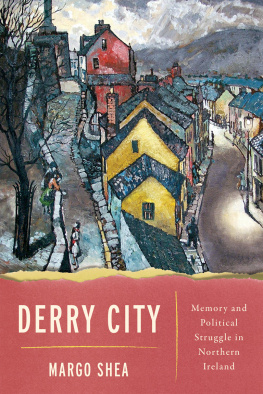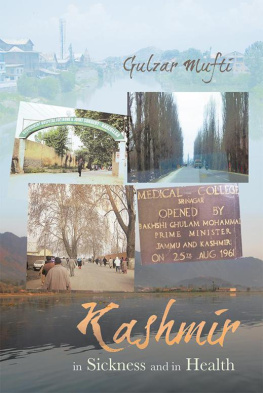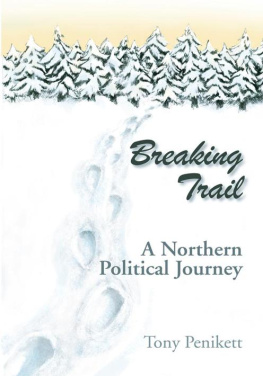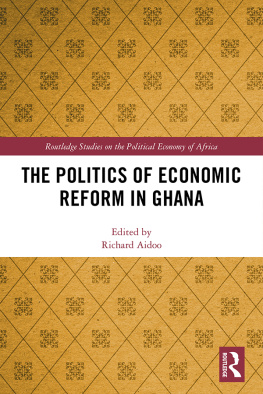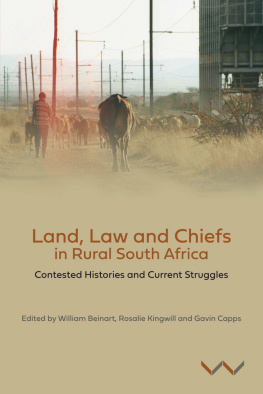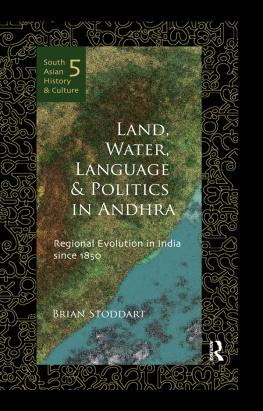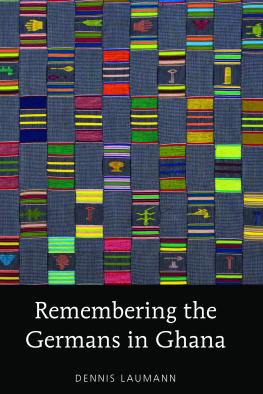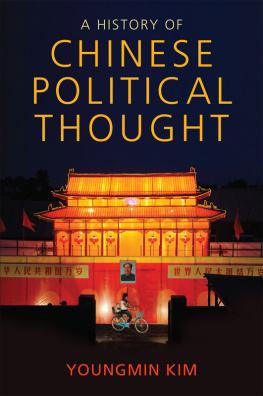Wyatt MacGaffey - Chiefs, Priests, and Praise-singers: History, Politics, and Land Ownership in Northern Ghana
Here you can read online Wyatt MacGaffey - Chiefs, Priests, and Praise-singers: History, Politics, and Land Ownership in Northern Ghana full text of the book (entire story) in english for free. Download pdf and epub, get meaning, cover and reviews about this ebook. publisher: University of Virginia Press, genre: Politics. Description of the work, (preface) as well as reviews are available. Best literature library LitArk.com created for fans of good reading and offers a wide selection of genres:
Romance novel
Science fiction
Adventure
Detective
Science
History
Home and family
Prose
Art
Politics
Computer
Non-fiction
Religion
Business
Children
Humor
Choose a favorite category and find really read worthwhile books. Enjoy immersion in the world of imagination, feel the emotions of the characters or learn something new for yourself, make an fascinating discovery.

- Book:Chiefs, Priests, and Praise-singers: History, Politics, and Land Ownership in Northern Ghana
- Author:
- Publisher:University of Virginia Press
- Genre:
- Rating:3 / 5
- Favourites:Add to favourites
- Your mark:
Chiefs, Priests, and Praise-singers: History, Politics, and Land Ownership in Northern Ghana: summary, description and annotation
We offer to read an annotation, description, summary or preface (depends on what the author of the book "Chiefs, Priests, and Praise-singers: History, Politics, and Land Ownership in Northern Ghana" wrote himself). If you haven't found the necessary information about the book — write in the comments, we will try to find it.
In his new book, the eminent anthropologist Wyatt MacGaffey provides an ethnographically enriched history of Dagbon from the fifteenth century to the present, setting that history in the context of the regional resources and political culture of northern Ghana. Chiefs, Priests, and Praise-Singers shows how the history commonly assumed by scholars has been shaped by the prejudices of colonial anthropology, the needs of British indirect rule, and local political agency. The book demonstrates, too, how political agency has shaped the kinship system. MacGaffey traces the evolution of chieftaincy as the sources of power changed and as land ceased to be simply the living space of the dependents of a chief and became a commodity and a resource for development. The internal violence in Dagbon that has been a topic of national and international concern since 2002 is shown to be a product of the interwoven values of tradition, modern Ghanaian politics, modern education, and economic opportunism.
Wyatt MacGaffey: author's other books
Who wrote Chiefs, Priests, and Praise-singers: History, Politics, and Land Ownership in Northern Ghana? Find out the surname, the name of the author of the book and a list of all author's works by series.

